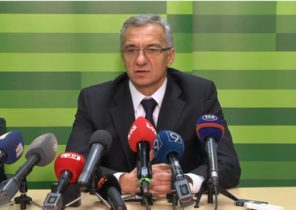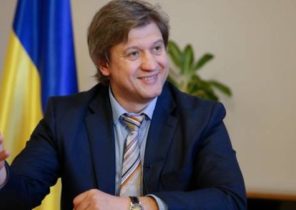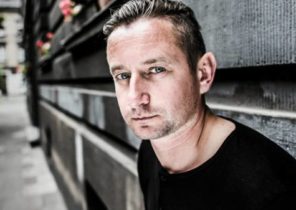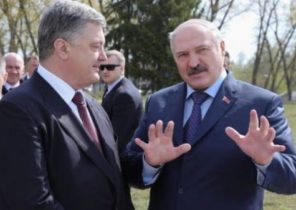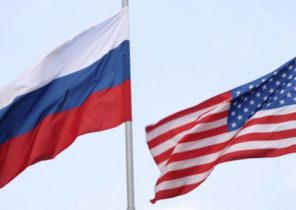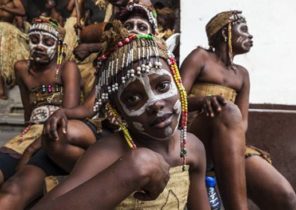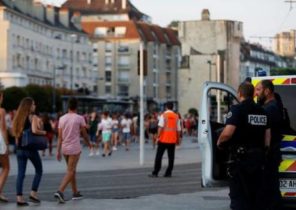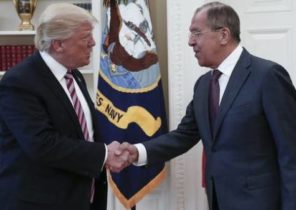In Russia, President Putin finally decided to conduct military parade in honor of the anniversary of the victory over Germany and the popular vote for amendments to the Constitution. Both events because of the pandemic coronavirus was delayed compared to original plans. We asked the member of the panel of reviewers NHK Ichiyo Ishikawa to Express their opinion on the matter.
— How you consider, whether it is normal to conduct both activities in a pandemic coronavirus in Russia?
President Putin is currently forced to take measures to increase the authority of their government, no matter what the circumstances. In this context, the holding of the military parade in honor of the memorable anniversary of the victory over Germany was scheduled for June 24, and a popular vote on amendments to the Constitution of Russia on 1 July. However, the status of the pandemic coronavirus in the country is of great concern.
According to the Russian government, on 3 June in Russia was found 8536 persons infected with the coronavirus. It is less in comparison with peak indicators. But the peculiarity of today is that the centre of the pandemic is shifting from Moscow to the regions. Currently in the Russian capital are registered every day at least 2000 new cases of coronavirus, while more recently, 60% of new cases accounted for by Moscow. At the same time, now 6000 daily cases detected in the regions where the medical treatment is much weaker than in the capital.
— How will be secured against coronavirus during the aforementioned events?
— It is reported that all participants in the military parade held test for the coronavirus. The same tests will be held and all people in one way or another involved in the vote. Naturally made will be only those who will have a negative result.
— Why Putin is in such a hurry?
Figuratively speaking, he feels that “the train leaves”. In the context of combating coronavirus had to take very decisive action to seriously limit economic activity in the country. Incomes have declined dramatically. We can say that they are already at the lower limit. Significantly reduced the percentage of support for Putin. He realizes that the ground is power reeling. In conditions when gradually resumed the former economic life of the country, Putin wants to identify the winning mood caused by the military parade “victorious outcome” in the fight against the virus. As for popular vote, it must symbolize the establishment of a “welfare state” which cares about the welfare of ordinary people. Thus, Putin’s strategy is to combat the coronavirus to expand in the direction of consolidation of the people.
However, even in the structure of Putin’s power, there are signs of weakening centripetal sentiments. Now it so happened that at the forefront of the struggle in Russia with the coronavirus was not the President, and Moscow mayor Sobyanin. Because of Moscow organized a mass “invasion” of the doctors and nurses in the regions to counter the pandemic. Much will depend on whether in the next month to stop “the spread” coronavirus infection in Russia.
— As to all this Russian people?
In General, the people are mostly negative and very cool attitude to the current Russian government. Russian people are interested in not so much military parade and a popular vote, how many much more mundane things: when, finally, really stopped the pandemic in the early stages, when the income of the population going back at least to the previous level. More to push these issues for the future anymore. It is clear that Putin during the public voting tends to get the most support of the citizens and to regain political credibility. However, we have to assume that depending on the results in the fight against the pandemic in Russia, the authorities may face from unexpectedly large number of votes against the amendments, and thereby criticizing the current regime.
Ichiyo Ishikawa is a member of group of observers of the Japanese state radio and television Corporation NHK. Visiting Professor at the University of kinki and the special assistant to the rector. In 1982 graduated from the Department of Russian literature of the philological faculty of the University of Tokyo. Immediately after began working at NHK. In 1992-1996 he was the correspondent of NHK news Bureau in Moscow. In 2002-2007 — chief of the NHK news Bureau in Moscow. Since 2007 member of the panel of reviewers NHK, 2010 — head of the group. As a browser acts in the “Public discussion”, “Good morning, Japan. That’s what’s important”, “Catch — breaking news from around the world”. A frequent lecturer as an expert on Russia and the former Soviet Union and security issues. Teaches at Tokyo University in the Executive Management Program. Acted as moderator of the St. Petersburg and the Eastern economic forums.
